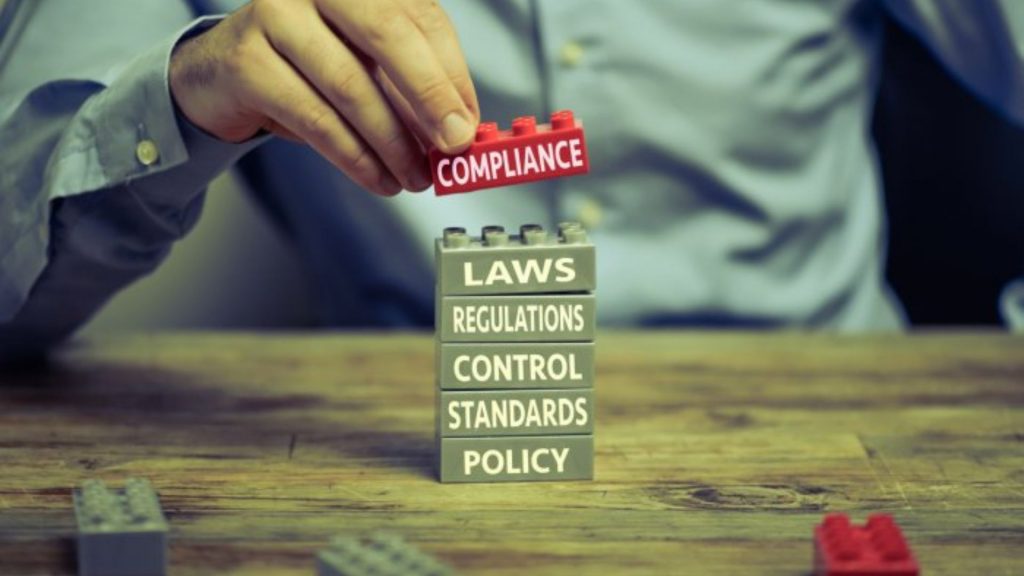What is markets compliance? It is the process to comply with all applicable laws, and regulations that govern the securities or investment market, through the development, and implementation of policies, processes, procedures, and practices.
What Is Markets Compliance?
Such policies, processes, and systems are developed by the management, under the supervision of the Board of Directors. The aim is to ensure that applicable regulations related to Markets Compliance are complied with in letter and, spirit by all the employees including the management.
All the markets dealing in securities, shares, bonds, and other instruments are cumulatively required to follow the respective applicable market regulatory requirements while developing and implementing the Markets Compliance policies and, procedures.
Investment Companies
The investment companies, brokerage houses, and investment advisors have attracted great attention from the security market regulators internationally due to various factors which include the global financial crises. Many international investment companies and stock markets have faced a significant decline in market performance and various have been levied massive penalties on account of non-compliance with securities market regulatory requirements. The financial institutions are now undergoing a shift in their approach toward Markets Compliance risk and, its proactive management wherein more quality resources are being deployed to protect the investors’ interest, and maintain transparency in the financial market.
For Markets Compliance, the companies develop and, implement the Securities Trading Policy, which must be complied with by all the employees. Employees trading in securities or shares is subject to take prior permission. Directors and all employees are precluded to limit their risk from investing in shares, rights, or options where entitlements are unvested.
Management Of Compliance Risk
The management of compliance risk is the first and foremost responsibility of all the employees. However, the primary responsibility of establishing an independent and effective Markets Compliance culture rests with the Board of Directors of the respective company.
Companies put in place a Markets Compliance Program to ensure that all applicable market laws are complied with, in letter and spirit, and, thus, minimize legal and Markets Compliance risks. For this purpose, the Board of Directors, appoint/designate a suitably qualified and experienced person as Markets Compliance Officer, who reports directly to the President/Chief Executive Officer of the company.
Market Disclosure Policy
The Market Disclosure Policy of the company includes a vetting and, authorization process so that all disclosures related to the investments in securities, bonds, or equities are factual, do not omit material matters, and are expressed clearly and objectively. The policy also outlines how the Company identifies and distributes information to shareholders and the market generally.
To ensure compliance with market regulations, the Compliance Officer ensures that the company is primarily compliant with applicable laws, and regulations including the prudential regulations that govern the securities market. guidelines for the know your customer (KYC), Anti-money laundering laws (AML), and regulations for onboarding potential clients. The compliance officer ensures that all the transactions and activities performed on behalf of the investors or clients are recorded, and confidentiality is ensured as required by the local laws and data protection requirements.
Companies communicate with shareholders and other stakeholders in an open, regular and timely manner so that the market has sufficient information to make informed investment decisions. Markets compliance requirements also require the submission of accurate data to the regulators and reporting of suspicious transactions, to relevant regulatory agencies.
Final Thoughts
What exactly is marketing compliance? Marketing compliance is more than just enforcing rules and regulations for creative content producers. A well-defined marketing compliance strategy protects brand integrity and consumer trust by implementing traceable oversight of actions, decisions, and changes throughout the creative content production process.
A marketing compliance strategy, on the other hand, is often an afterthought for many marketers. In fact, some may regard it as a bother that should be avoided. However, marketing compliance is not limited to highly regulated industries such as healthcare or financial services. Ignoring it could be the worst mistake your company ever makes.





